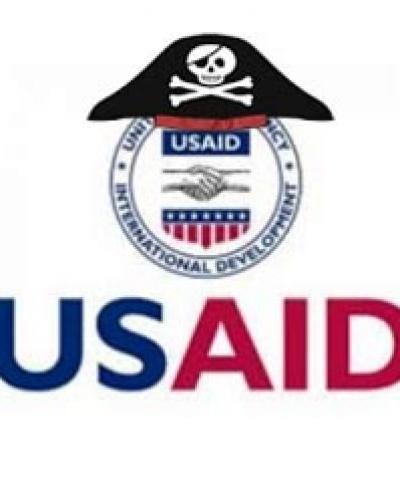ZunZuneo, dubbed a "Cuban Twitter", had 40,000 subscribers at its height. The project reportedly lasted from 2009-12 when the grant money ran out. The U.S. government is said to have concealed its links to the network through a series of shell companies and by funneling messages through other countries.
The scheme was reportedly operated by the US Agency for International Development (USAID), a federal international development organization run under the aegis of the U.S. Department of State.
U.S. officials then planned to introduce political messages in the hope of spurring the network's users, especially younger Cubans, into opposition to their government, the Associated Press reports.
A website and bogus web advertisements were created to give the impression of a real company. According to analysts, the AP report corroborates President Raul Castro's denunciations of the ongoing U.S. attempts to destabilize Cuba through every mean at their disposal, including communication technologies.
On January 1 of this year, on the occasion of the 55th anniversary of the Cuban Revolution, President Raul Castro denounced "attempts to subtly introduce platforms for neoliberal thought and restoration of neo-colonial capitalism" in Cuba.
"They are eager to deceptively market the supposed advantages of disregard for ideology or social conscience to the youngest (Cubans), as if such concepts were not fully reflective of ruling class interests in the capitalist world," said the Head of State in Santiago de Cuba, in eastern Cuba.
Furthermore, he emphasized, such efforts were meant to "induce a break between the historical leadership of the Revolution and the new generations, promoting uncertainty and pessimism about future prospects, all with the marked objective of dismantling socialism in Cuba from within."
The revelations, also labeled by U.S. Senator Patrick Leahy as 'troubling', refutes USAID's longstanding claim that it does not undertake covert action in the countries where it operates aid programs.


